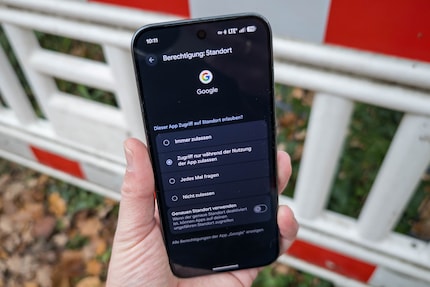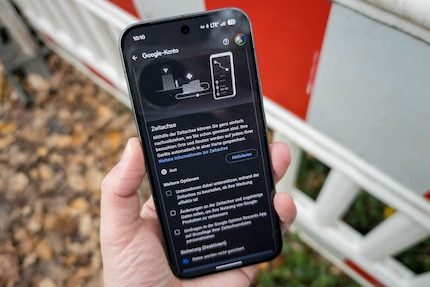
Guide
How to solve the location-tracking issue on Bumble, Grindr and other dating apps
by Florian Bodoky

Location data in advertising tracking is a security risk. This is shown by the latest "Databroker Files" research. The EU would rather give tips on how to protect yourself individually than ban data collection.
Since summer 2024, netzpolitik.org, Bayrischer Rundfunk and international partner media have been publishing the so-called «Databroker Files». The research shows what can be gleaned from purchasable advertising data. The current publication is about how location data from such advertising datasets can be used for espionage - for example against top EU and NATO personnel.
The research by Netzpolitik and co. has reached those responsible and has been identified as a problem. As a result, there has been no discussion about how the data of all people can be better protected by regulations for the advertising industry. On the contrary: the EU is currently planning to weaken individual data protection in favour of economic interests.
At least there are internal tips from the cybersecurity service CERT-EU, the central point of contact for all IT security issues in the EU. Netzpolitik has published the corresponding circular.

With regard to location data and metadata, the EU provides the following tips:
There is also a note that you should deactivate personalised advertising, specifically the mobile advertising ID.
In addition, fitness apps do not need access to your smartphone's location data if you use a wearable with GPS when running or cycling. Routes should remain private and not be visible to third parties. Social media apps also do not need permanent access to location data. This applies in particular to live locations or check-ins. The EU also advises users to check whether unwanted details are visible in the background before publishing photos.

The EU's tips are in line with the seven tips that netzpolitik.org gave back in January 2025.
As a primary school pupil, I used to sit in a friend's living room with many of my classmates to play the Super NES. Now I get my hands on the latest technology and test it for you. In recent years at Curved, Computer Bild and Netzwelt, now at Digitec and Galaxus.
Practical solutions for everyday problems with technology, household hacks and much more.
Show all